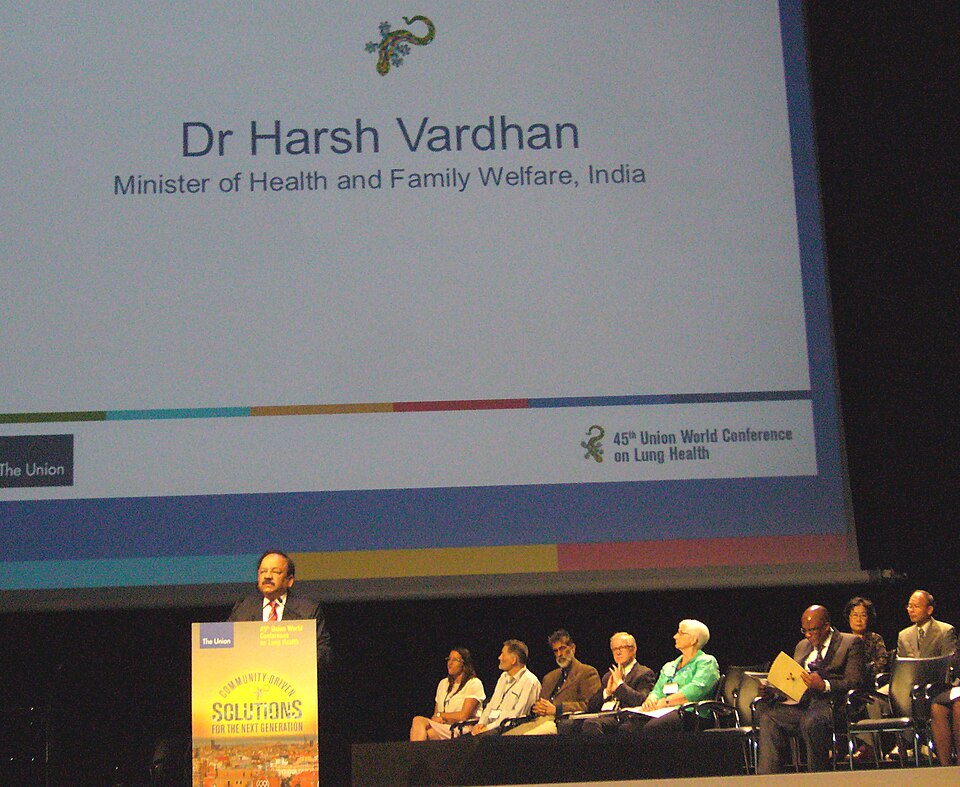Groundbreaking Neuroprosthesis Restores Speech for ALS Patients

In a groundbreaking development in neurotechnology, researchers have successfully implanted a brain-computer interface that converts neural activity into speech, enabling a patient suffering from amyotrophic lateral sclerosis (ALS) to regain his ability to communicate. This significant advancement was detailed in a research paper published in the journal Nature on June 15, 2025.
The patient, referred to as T15 in the study, experienced the onset of ALS symptoms five years prior, resulting in a gradual loss of speech and motor functions. ALS is a neurodegenerative disease that leads to the deterioration of motor neurons, ultimately impairing muscle control and communication abilities. According to Dr. Christian Tym, the lead author of the study and a researcher at Massachusetts General Hospital, the neuroprosthesis employs 256 hair-thin electrodes implanted in T15's ventral precentral gyrus, a critical area of the brain responsible for speech production and motor control.
During the experiment, T15's neural activity was recorded while he attempted to articulate words displayed on a screen. An advanced AI deep-learning model then translated these neural signals into spoken words, achieving an impressive latency of approximately 10 milliseconds from thought to audio output. This low latency allowed T15 to essentially "learn" to speak again, enabling him to not only form complete words but also to interject in conversations with spontaneous sounds.
The study is part of a broader series known as BrainGate2, which has been exploring the potential of neural prosthetics since 2009. The research team, comprised of experts from Massachusetts General Hospital and affiliated institutions, aims to improve communication for individuals with severe motor impairments. Dr. John Donoghue, a professor of neuroscience at Brown University and co-director of BrainGate2, emphasized the importance of this technology in providing a voice to those who have lost their ability to speak, stating, "This is a crucial step towards restoring authentic communication for patients with ALS and similar conditions."
Historically, communication aids for ALS patients have been limited. The most well-known figure, physicist Stephen Hawking, utilized a system that allowed him to scroll through letters and pre-written phrases. The BrainGate2 project represents a significant leap forward from these earlier technologies, offering real-time communication through direct neural interfacing. This advancement not only enhances the quality of life for ALS patients but also paves the way for further research into brain-computer interfaces.
In contrast, other companies, such as Neuralink, founded by Elon Musk, are also exploring similar technologies. However, the BrainGate2 initiative has demonstrated more rapid advancements in translating thought into speech. Musk's company previously announced capabilities for cursor control using brain signals, but as of now, it has not yet matched the practical application of speech restoration achieved by the BrainGate2 team.
The implications of this research extend beyond individual patient care. As Dr. Sarah Johnson, a prominent neuroscientist at Harvard University, pointed out, "The success of the BrainGate2 neuroprosthesis provides a framework for future innovations in neural interface technology, potentially benefiting a wider range of neurological disorders."
Looking ahead, the research team plans to conduct further trials, expanding the scope of patients involved and refining the technology for broader application. This ongoing work represents hope not only for those suffering from ALS but also for a myriad of neurological conditions that impair communication and mobility.
In conclusion, the instantaneous voice-synthesis neuroprosthesis developed through the BrainGate2 project marks a critical advancement in the intersection of neuroscience and technology, restoring not just speech but also dignity to those affected by debilitating diseases like ALS. As research continues, the potential for similar technologies to impact a variety of neurological disorders remains promising, signaling a new era in medical innovation and patient care.
Advertisement
Tags
Advertisement





